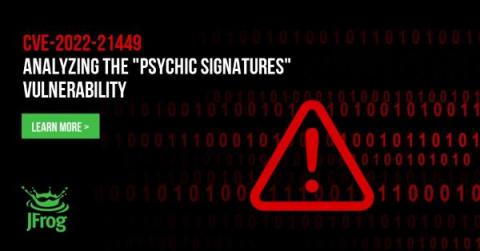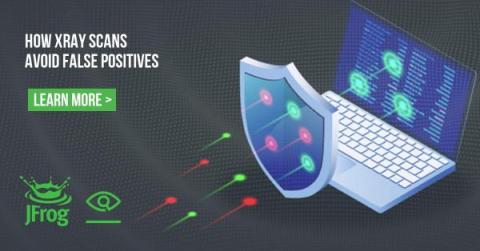CVE-2022-21449 "Psychic Signatures": Analyzing the New Java Crypto Vulnerability
A few days ago, security researcher Neil Madden published a blog post, in which he provided details about a newly disclosed vulnerability in Java, CVE-2022-21449 or “Psychic Signatures”. This security vulnerability originates in an improper implementation of the ECDSA signature verification algorithm, introduced in Java 15.











